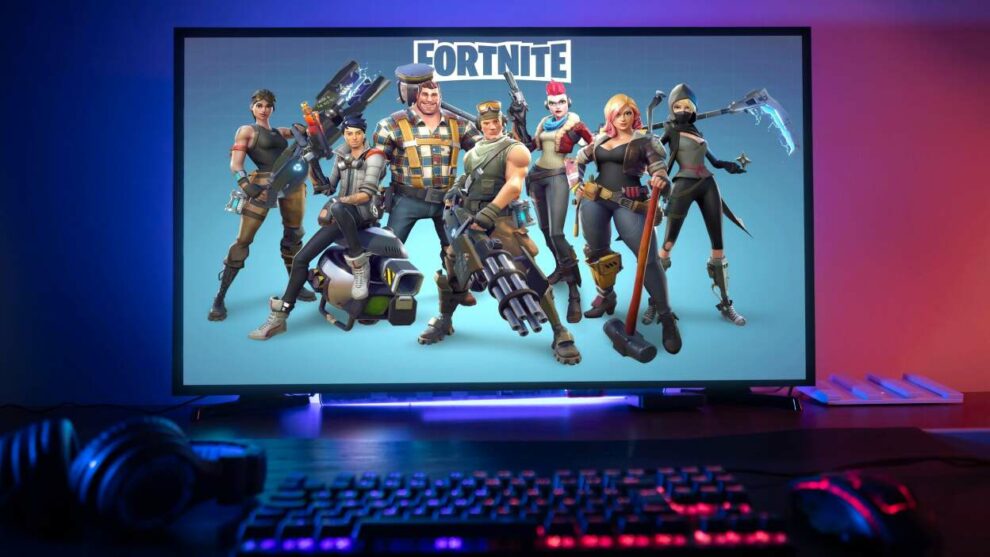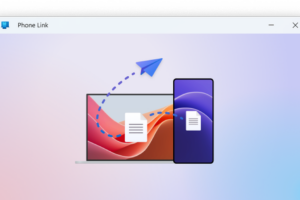The Federal Trade Commission has initiated the distribution of approximately $114 worth of refunds to hundreds of thousands of Fortnite players following a landmark 2022 settlement with Epic Games. While payments began rolling out on Monday, affected players still have until January 10, 2025, to submit their claims in this significant consumer protection action.
The settlement stems from FTC allegations that Epic Games violated the Children’s Online Privacy Protection Act and employed deceptive design practices, known as dark patterns, that led to millions of unintended purchases within the game. These violations occurred primarily between January 2017 and September 2022, affecting various aspects of player transactions and account management.
The refund program specifically targets three main categories of affected users: those who were charged in-game currency for unwanted items between January 2017 and September 2022, parents whose children made unauthorized credit card charges between January 2017 and November 2018, and players whose accounts were locked after disputing charges with their credit card companies between January 2017 and September 2022.
To facilitate the claims process, the FTC has established an online system where eligible individuals can submit their applications using either their Epic Account ID or a previously issued claim number. The process requires claimants to be at least 18 years old, though parents or legal guardians can file on behalf of minor players who may have been affected.
The FTC’s approach to distributing these funds reflects a careful consideration of various payment methods. Recipients who choose PayPal must accept their payments within 30 days, while those opting for checks have a 90-day window to cash them. The agency has indicated that additional payments will be processed throughout 2025 as claims continue to be reviewed and validated.
This refund program represents one of the largest gaming-related consumer protection settlements in recent history, highlighting the growing scrutiny of monetization practices in video games, particularly those popular among younger players. The case against Epic Games has brought attention to the issue of dark patterns in gaming, where interface design can potentially manipulate users into making unintended purchases.
For those unsure about their eligibility or experiencing issues with the claims process, the FTC has partnered with Rust Consulting to provide administrative support and answer questions from potential claimants. This support system ensures that affected players have access to necessary assistance throughout the claims process.
The settlement and subsequent refund program mark a significant moment in consumer protection within the gaming industry, potentially setting precedents for how similar cases might be handled in the future. It also serves as a warning to other gaming companies about the importance of transparent monetization practices and the protection of young players.
The FTC’s action against Epic Games and the resulting refund program demonstrate the growing intersection between consumer protection law and the video game industry, particularly as games increasingly incorporate complex monetization systems. As the January 2025 deadline approaches, the agency continues to encourage potentially affected players to review their eligibility and submit claims if they believe they were impacted by these practices.
This case highlights the evolving relationship between game developers, players, and regulatory bodies, suggesting a future where consumer protection in digital environments receives increased attention and enforcement. The outcome of this refund program could influence how gaming companies approach in-game purchases and user protection moving forward.
















Add Comment